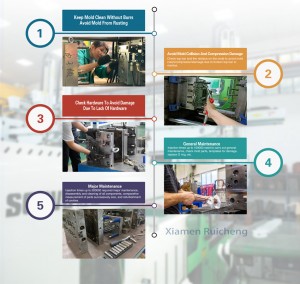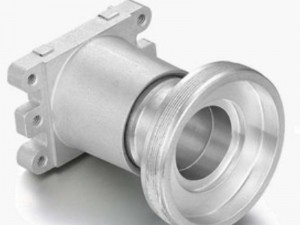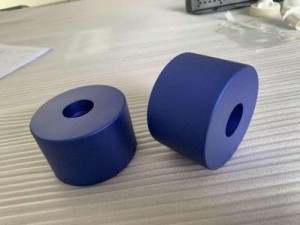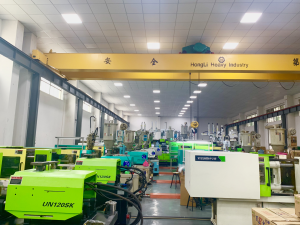Mould Making
How are Molds made?
Molds are generally made from steel or aluminum and are precision-machined to form their specific features.
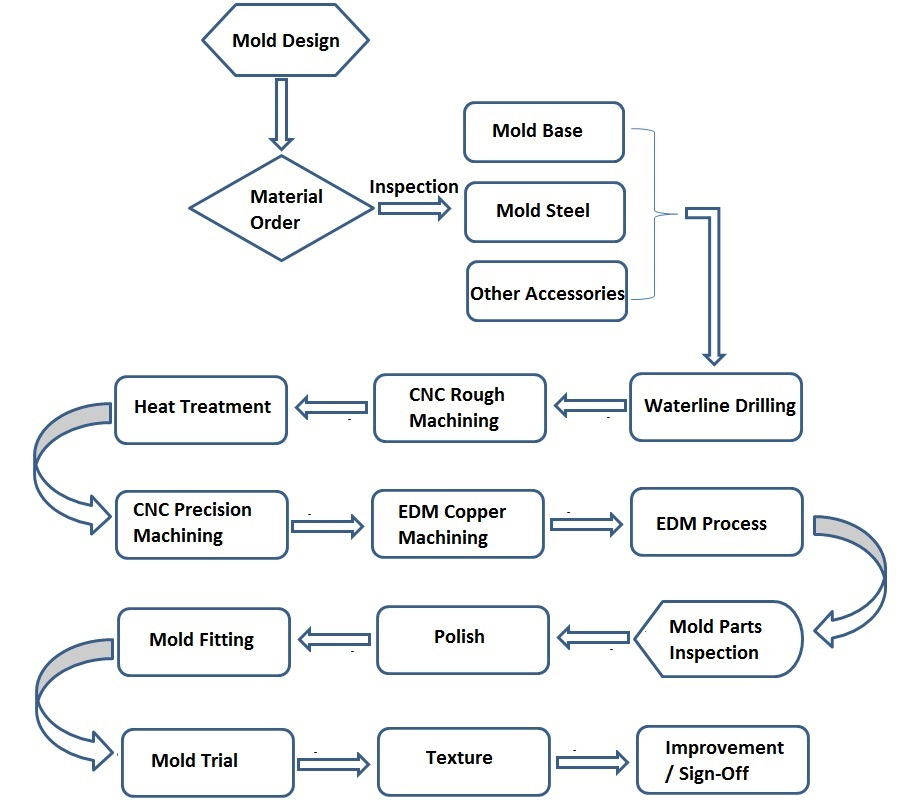
What Makes a Good Mold?
- Good design and engineering.
- High-quality mold material bases and cavities for optimal performance and durability.
- Manufactured by modern equipment with the capability for precise machining.
- Accurately crafted with attention to high standards and tight tolerances.
Choose us as your good mold-maker.
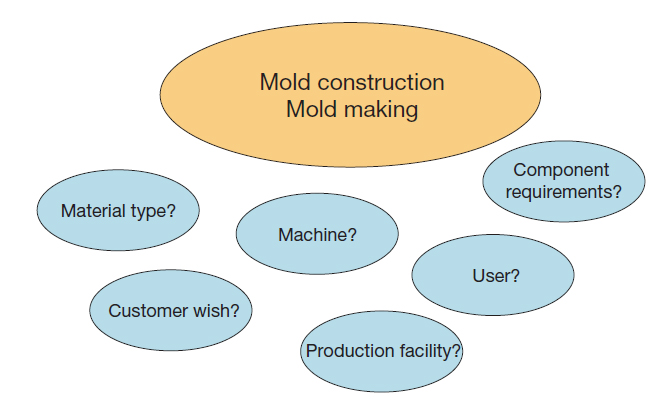
When to consider make the molds?
- Either of the following situation is time to consider us when your products/projects:
- Quantities need is big;
- Control the overall cost;
- Material requirement is special;
- Tolerance need is precise;
- Product design is complicated;
What are the types of Molds We are able to offer?
By evaluating and analyzing different product requirements, we can help to advise which types of molds is suitable and economical for its production. There are plastic injection molds, die casting molds, stamping molds, silicone molds and extrusion molds, each of the molds has its material/machine requirements. Learn more by clicking the one you want :
Plastic Injection Molds:
Injection moulding is a manufacturing process that allows for parts to be produced in large volumes. It works by injecting molten materials into a mold. It is typically used as a mass production process to manufacture hundreds&thousands of same items, which is most commonly used with thermoplastic and thermosetting polymers like ABS /PC /PP /PE /NYLON/POM etc.
Die Casting Molds:
Die casting is the process where molten metal is forced into molds under high pressure, which is a technique for mass-producing metal products and components. Most metals used in the casting of dies are nonferrous, for example Aluminum, zinc, stainless steel, steel and brass,
Stamping Molds:
Metal stamping is a cold-forming process to transform sheet metal into different shapes by making use of the molds and stamping machine. There are progressive stamping mold and single-step mould, which is better to be used based on the parts quantities and complexity.
Silicone/Rubber Molds:
Silicone molded products is made by the process where silicone/rubber raw material is poured inside the molds with high temperature and pressure then by vulcanizing hydraulic to form the shape. Silicone molds need be analyzed and designed according to the product’s structure, performance and other characteristics.
Extrusion Molds:
Extrusion is a manufacturing process that melt the plastic or metal material into liquid then to be forced through a extrusion mold to form a “tube like” shape that will be cooled and form a solid shape finally. The shape of extrusion mold determines the shape of finished part.

